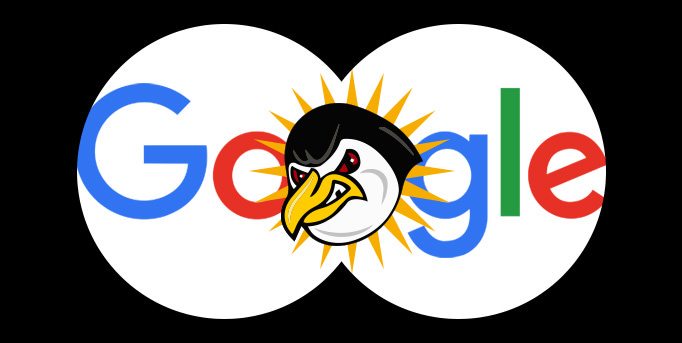Local search rankings are always in flux, and that’s why it is important to constantly be staying up-to-date on where your site stands in regards to competitors. Maintaining a high ranking is not easy.
Recently, Google rolled out another shakeup to its local rankings that turned heads around the web. Partly because it was unexpected and partly because it had not-so-small effects on sites in the most sought-after real estate on the search engine results page: the map pack.
Now affectionately known as “Possum” to local SEO experts, this algorithm has had a fairly sizable effect that most of our customers should be aware of. Don’t worry, though, we are already on top of things. Your rankings aren’t going anywhere.
What was the point of Possum?
Google updates its algorithm literally hundreds of times per year, but most updates are tiny in size and make relatively little impact. Each update is done with the end goal of providing the best and most targeted results possible for each user query. The goal of Possum was, as far as we’ve been able to tell, to diversify local results to provide more options to searchers, and to stop spam from filtering to the top.
For example, had you searched for “restaurants in Montreal” prior to the update, you’d have gotten results mostly focused in the downtown area (depending on many factors, of course). But Google realized that the majority of people probably don’t live in the city centre, nor are willing to spend the type of money that these restaurants charge. Diversifying the results allows more options and perhaps better matches for user queries.
What did the Possum update affect in terms of rankings?
Marketers are still trying to get to the bottom of exactly what was affected, but research and tests have shown that some decent sized changes have occurred. Here’s what we’ve been able to glean so far from the data:
- Location matters more than before – it seems that a user’s location matters more than before. So now when making that same Montreal query as before, the physical location of the searcher will have more weight on filtering results. This solves the distance issue that many local searches had been plagued with prior.
- Results change more based on slight keyword variations – an important SEO change that has taken place is that results now vary more than before based on slight variations in keywords. For example, if you search for “restaurants IN Montreal” or “restaurants Montreal,” the map pack now differs significantly. Making a full SEO campaign targeting a wide range of keywords more important than ever.
- Physical boundaries mean less – before Possum, Google put heavy weight towards businesses that actually fell within the physical city limits on Maps. Had you been a high-profile lawyer with great SEO and client feedback, you’d still have possibly ranked lower than counterparts within the city limits before this update. Now, you’re rankings might spike up. It’s a good time to take advantage.
Aside from these major changes, there were slight adjustments to the way algorithm filtered results based on physical location or affiliation with other pages, but these are relatively minor.
Some rankings may have been negatively affected (mostly the bad sites!) while others saw a big spike in rankings courtesy of Google’s update. Change is the only certain thing in this industry, and now the local rankings are more competitive than before. This only increases the need for a finely-tuned and broad-reaching local SEO campaign. The one thing you can be sure of aside from change is that we will be on top things and keeping your rankings safe.





